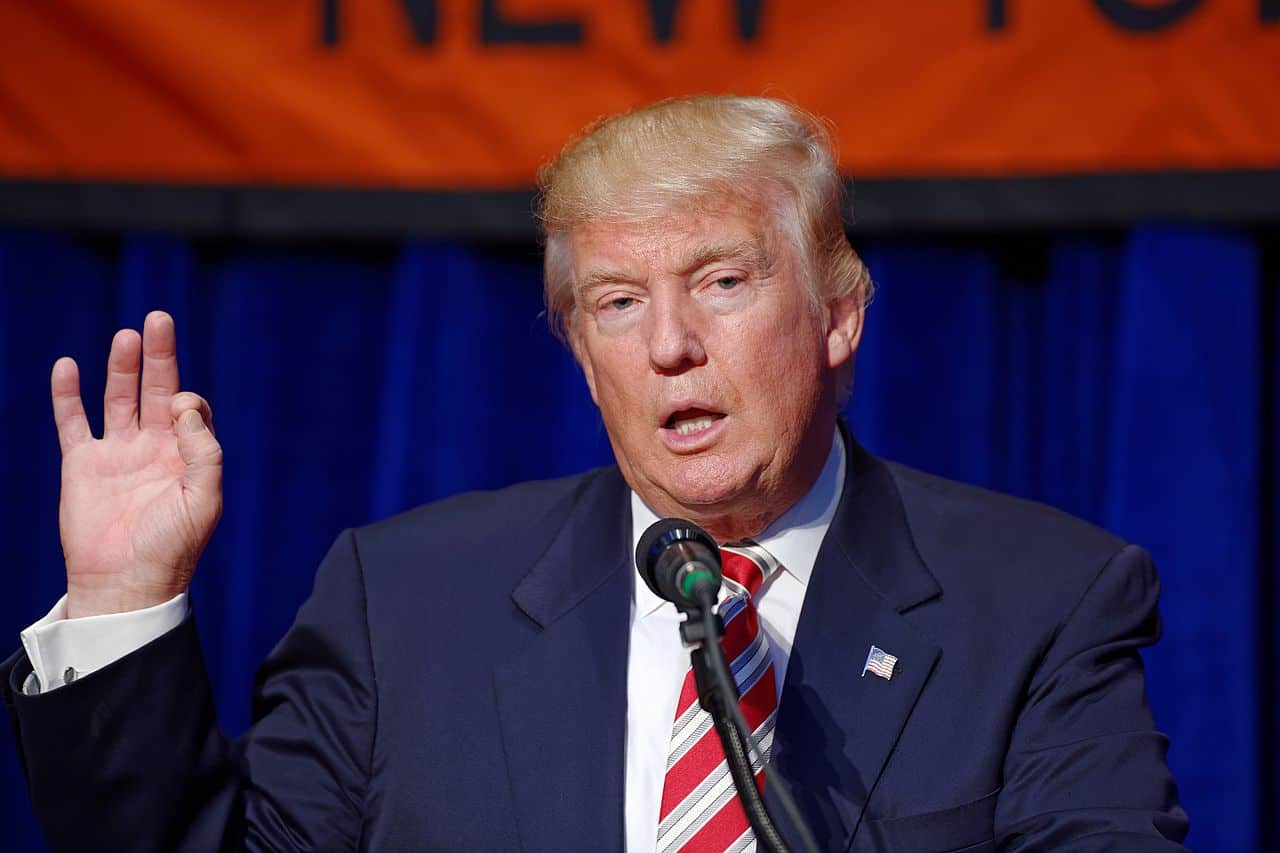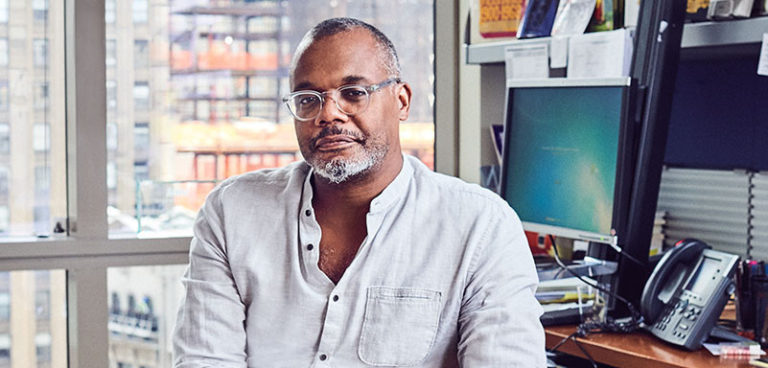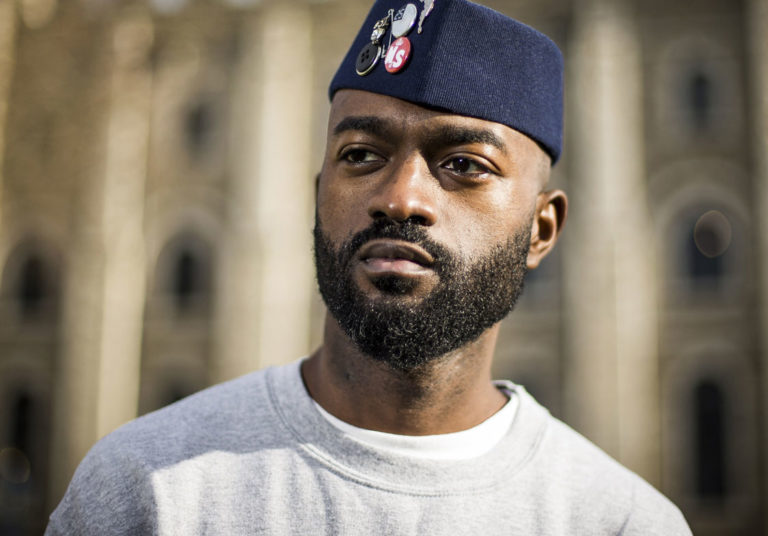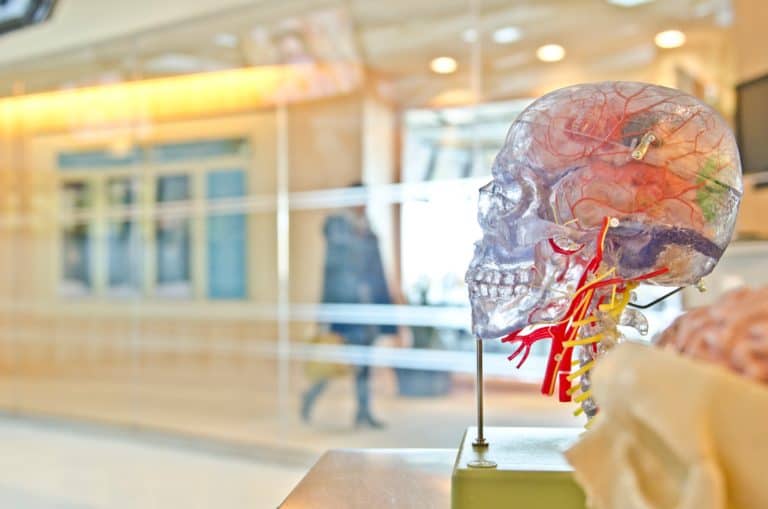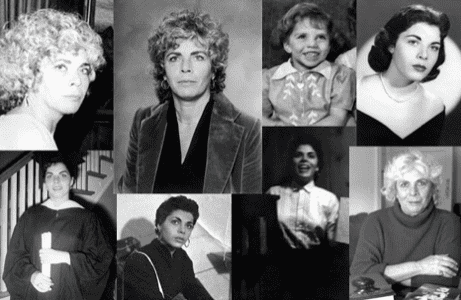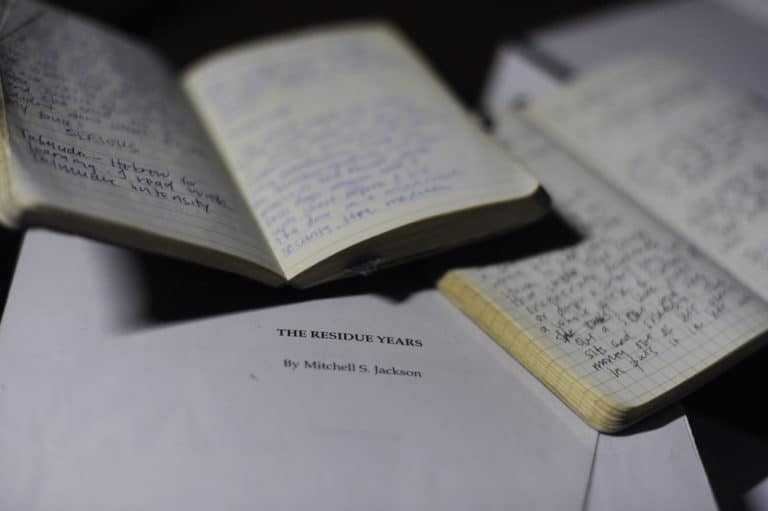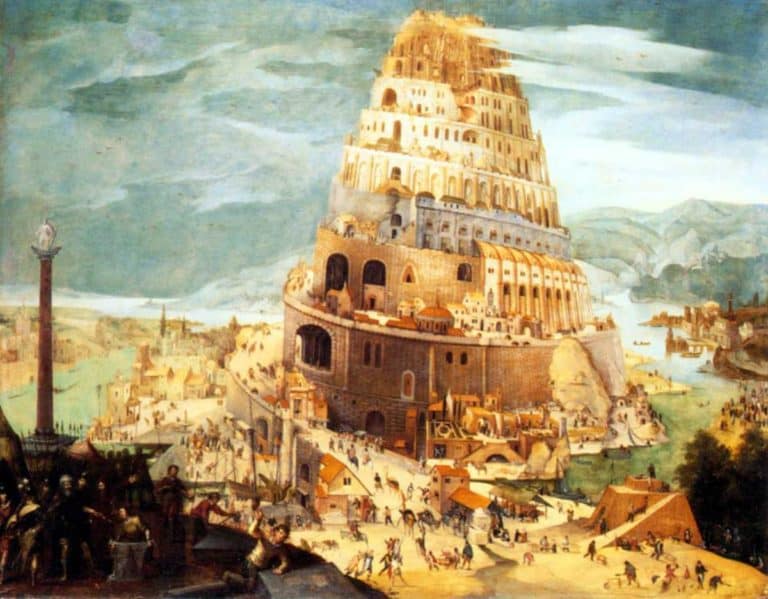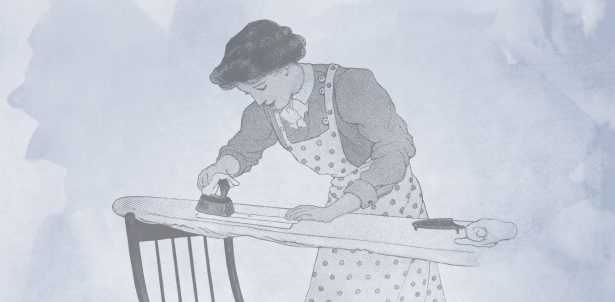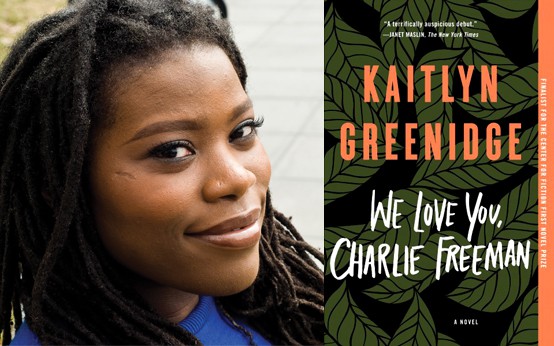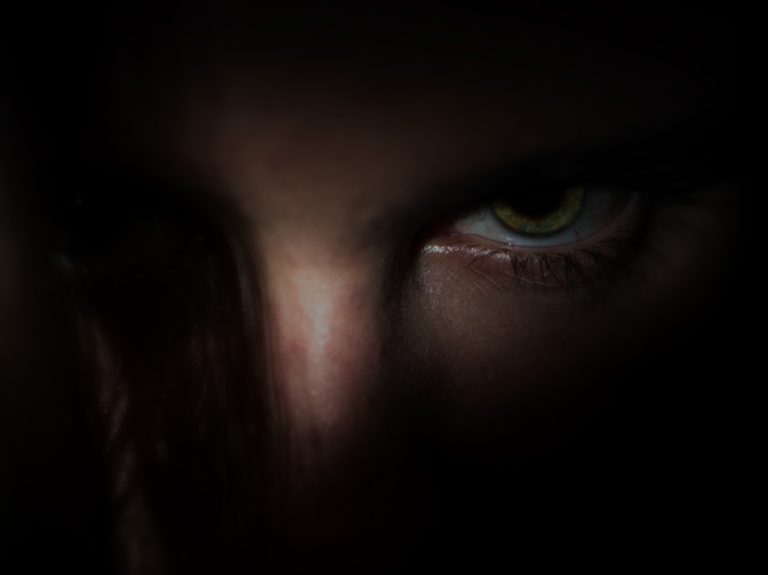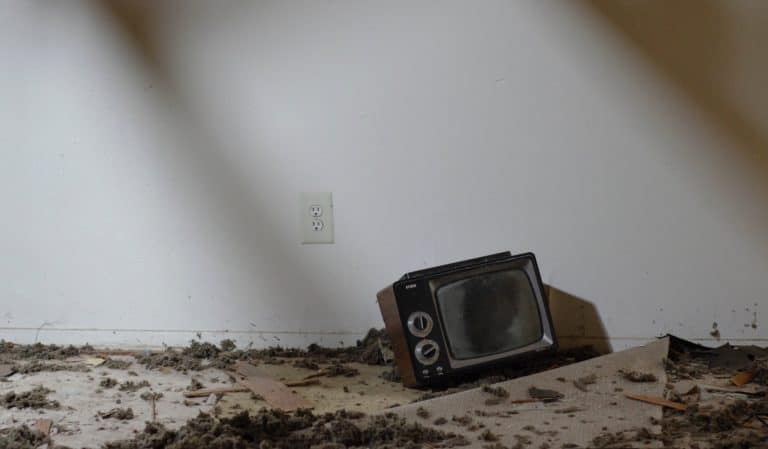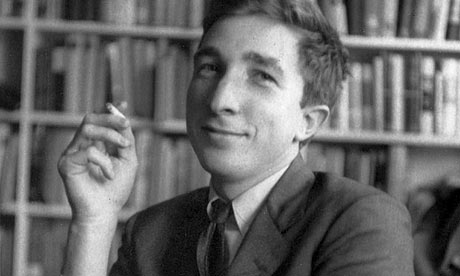Americans and Italians, trying to find their footing after the election earthquake, have turned to comparisons. Is the Trump phenomenon so similar to the Berlusconi phenomenon that something can be learned from the Berlusconi years in Italy?
The similarities are easy (too easy) to see. Business magnates who had never held office, had, in fact, never entered the political arena, came out of political nowhere and turned their celebrity status into election victory for the highest office in their lands. Although they would never have been put forward by the leadership of any of the “traditional” parties, they waged populist campaigns against fatally weakened opponents, and were labeled as Right-wing although they lacked any coherent conservative program. Both were in quite different ways media stars, were fabulously wealthy (in one case, “fable” may be the right word,) had some sinister friendships and connections, and an eye (and a groping hand) for young ladies. Both have tried to cultivate a relationship with Putin.
When Berlusconi announced that he was running to be prime minister (technically chairman of the council of ministers) in late 1993 The Economist ran this cover headline: “Why Silvio Berlusconi is unfit to rule Italy,” exactly the verbal formula at the center of Democratic campaign rhetoric in this country. In descriptions of both men, the word “buffoon” surfaces frequently.
All this makes one shudder when one recalls that Berlusconi had a longer run as Italian prime minister than anyone since Benito Mussolini.
What follows is the world’s most incriminating Transparency Statement.
I knew Silvio Berlusconi fairly well—private lunches in my Rome apartment and in restaurants, then his use of a book of mine as part of his defense against magistrates who were harassing him (34 court trials.) Then some columns I wrote about him slammed the door and we never communicated again.
For starters, there’s a reaction difference between the two men. Trump frightens me profoundly. Berlusconi made me roll my eyes and shake my head, the way a bad joke does. Until his campaign staff obviously gave him some mid-campaign advice, Trump always had himself photographed with a chin-jutting bully’s scowl. Berlusconi never stopped smiling. A shark’s smile, of course, or the smile of the guy at the door making you a great offer on a set of encyclopedias, a smile prior to an embrace you may not want, but a smile nonetheless. This is not a frivolous comparison. Trump’s scowl is that of a man who wants to tell you that he is dangerous. Berlusconi wants you to believe that he is not dangerous. There is truth behind this mugging. Berlusconi may not have been the medicine Italy needed, but at least the medicine wasn’t bitter-tasting. He wanted everybody to have a good time.
They are vastly different men in all the ways that count in defining their leadership. No silver spoon for Berlusconi: his father was a bank teller. He was a genuine self-made man, working as a cruise ship crooner (he once, at lunch, gave me a few baritone bars of I’m in duh moot for loff) then going into construction work, putting together the means and the business support eventually to construct a residential complex on the outskirts of Milan. No profitable bankruptcies, no stiffing of sub-contractors, or daring leaps. He moved, with intelligence, along conventional paths, using union labor and bank financing, until he had the means for the one serious leap he took, into television and advertising. He formed three TV “networks.” Those quotation marks are important. His TV stations around the country were prevented by Italian law (so they would not compete with the official networks of RAI-TV) from having the stations connected electronically, so he simply bicycled tapes from station to station and called them networks. That worked well for sitcoms and variety shows, but made it impossible to have a news network. So there was no news, no politics, no slant, to the early Berlusconi networks, just froth, froth that out-drew everything on the fairly stodgy RAI nets except for RAI-UNO’s dinner-hour news. (We first met when Berlusconi was having trouble getting credit in Hollywood so he could buy Dallas.)
He succeeded hugely, not shadily and intermittently a la Trump, became a multi-billionaire, stayed clear of party politics. (I pray that the Freedom of Information Act will not allow the unearthing of cables I wrote to the Department of State describing Berlusconi, “although a sincere anti-Communist,” as uninterested in politics.)
When he did take the step into the arena, it was because the Center-Right candidate leading the main anti-Communist coalition developed cold feet and left the group leaderless. While both Trump and Berlusconi had celebrity status as they entered the arena, there were crucial differences. Berlusconi was not a performer. He was an entrepreneur. What he did to achieve popularity was to present to Italians the entertainment shows for which they hungered. The last thing in the world he would do would be to fire and humiliate someone on camera. He was not by nature a bully. He had difficulty in his Center-Right coalition when he apologized to Libya for Italian actions during the colonial period. Try that as a match for the Trump style.
Silvio Berlusconi is not a cultivated man by the standards of Old Italy. But he holds a cum laude law degree, has a sound sense of history, and can speak intelligently about world affairs. Italy’s most important popular historian was the editor (until a falling out) of the newspaper Berlusconi owned. That newspaper featured the best writing in Italian newspapers; it was Italian journalism’s class act. Although he was occasionally responsible for crude jokes, Berlusconi had some wit, had an attention span capable of absorbing complex topics (contrast here,) and was pleasing in conversation. That Italy’s old-money families refused to open their doors to him, even when he was prime minister, was a source of sadness to him. (Can you imagine Trump reacting thus?)
Berlusconi does not boast of his wealth (Italians don’t, which accounts for all those Roman houses with shabby, paint-peeling exteriors and extreme luxury inside.) He does not grope women, although he does ply them with drink, or hire them.
Silvio Berlusconi was dangerous to Italy’s social progress. But he was not simply dangerous.
Before we abandon Italy in the search for genuine parallels to our present peril, let’s not forget Niccolò Machiavelli, who is (erroneously) thought to give advice on acquiring power for its own sake. Machiavelli was a brilliant, sophisticated, subtle…. Oh well. Forget that one.
The poses Trump struck for photographers early in his campaign reminded many people, including me, of Benito Mussolini. A scowl. A face like a closed fist. And some of the same myth-making. Mussolini did not, as is commonly written, take power in 1922 via a “March on Rome.” He took the train. But Mussolini was a writer and editor. He was the editor-in-chief of a serious (Socialist) daily newspaper. Trump does not, by his own admission, even readnewspapers.
There is, however, one last figure. Or, rather, a gang of them. They are the squadristi of the 1920s. The squadristi were gangs of violent thugs who terrified Jews and others who seemed “foreign” to their image of true Italians. (See Giorgio Bassani’s Ferrarese tales.) Their method was to trigger and carry out contentiousness and violence, and then put themselves forward as the solution to the problems they had stirred up. Perhaps we were looking too high for real parallels to Trump.
***
